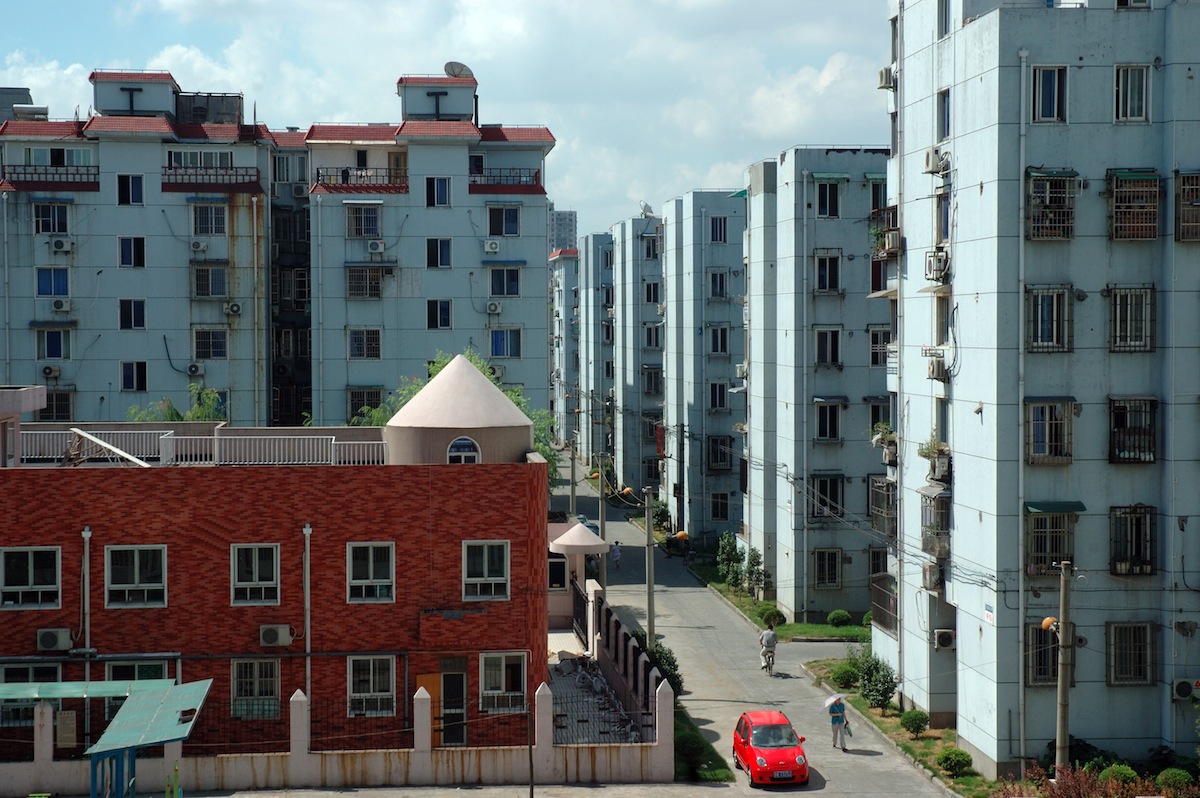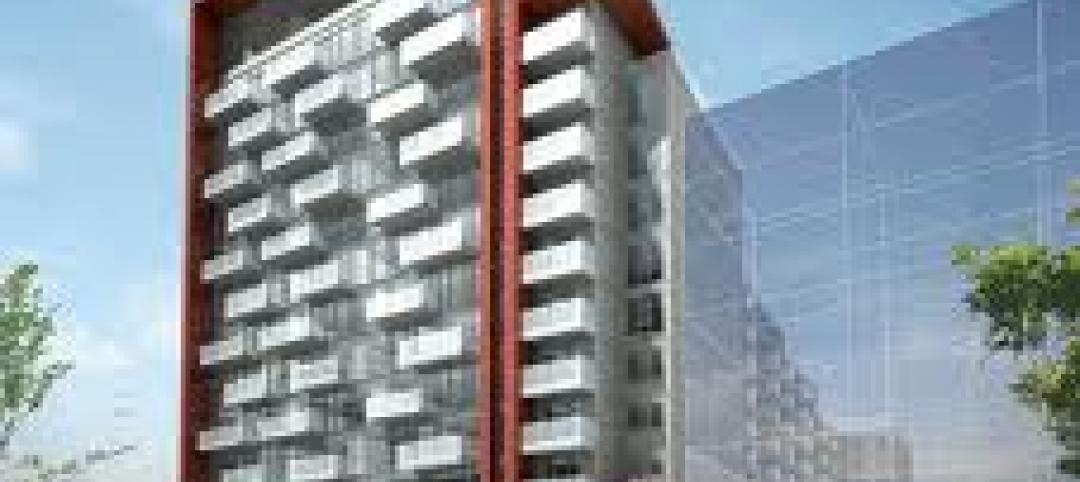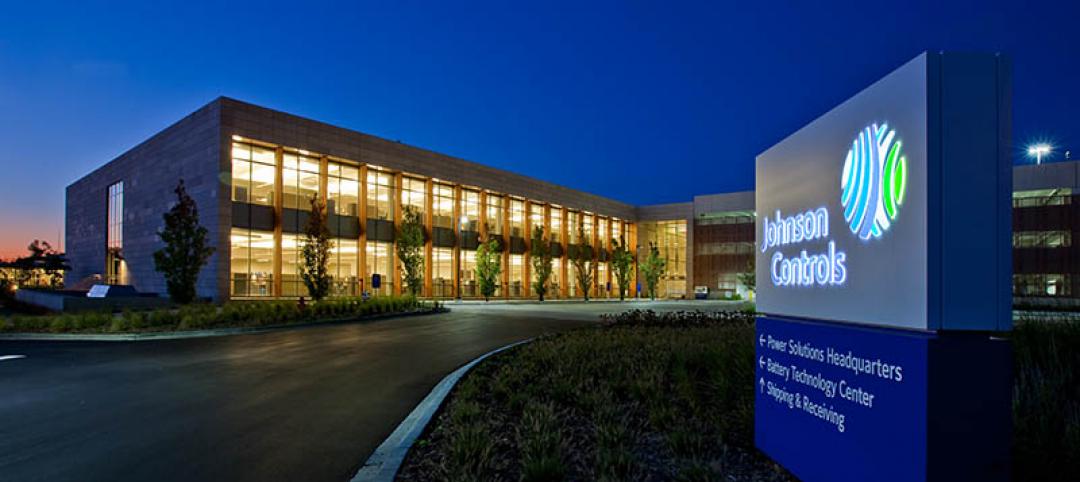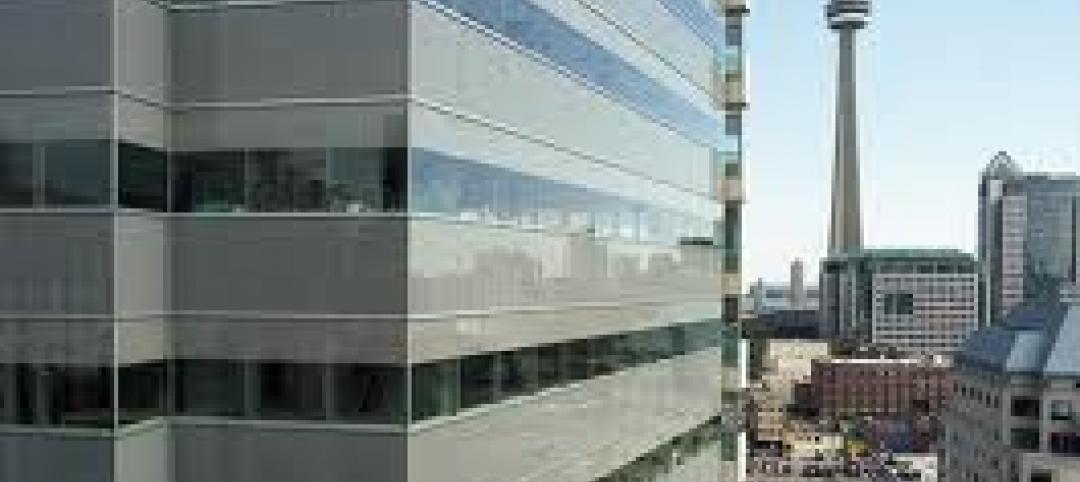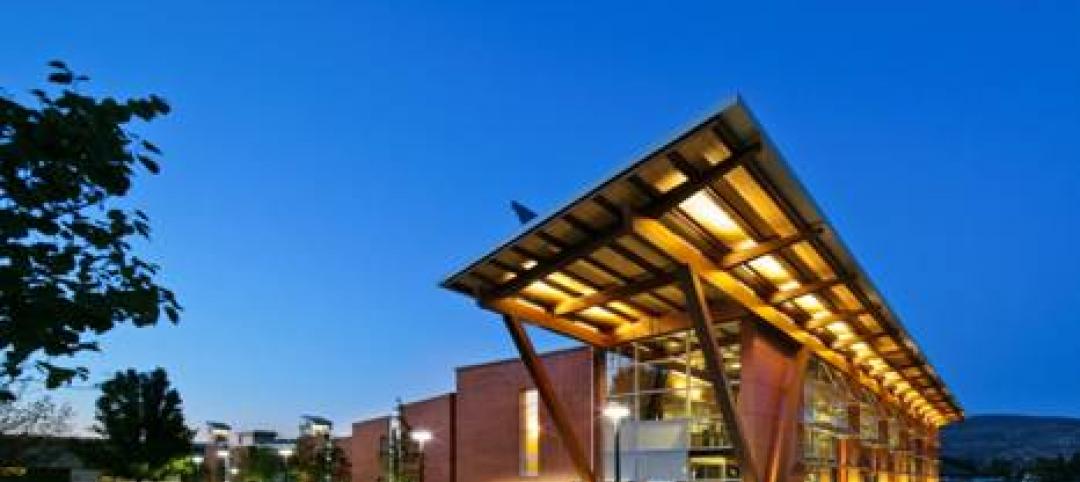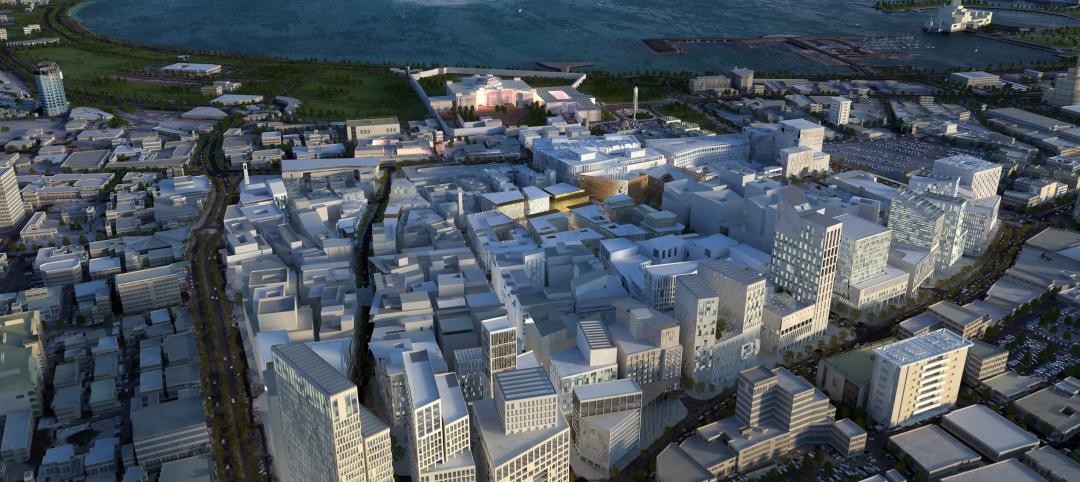The Green Building Certification Institute (GBCI) and the International WELL Building Institute (IWBI) formally introduced the WELL Building Standard in China. WELL is a system that focuses on human health and wellbeing in the built environment.
WELL, which complements green building rating programs such as LEED, Three Star, and BREEAM, has come forward at a time of increased environmental awareness among the Chinese people who are looking for solutions to improve quality of life.
“Our world today is confronting massive health challenges that are assaulting our complete physical, mental, and social wellbeing,” said Rick Fedrizzi, CEO & founding chair, U.S. Green Building Council. “As these challenges continue to mount, all of us have an obligation to be more purposeful when addressing how human health relates to our built environment. The WELL certification program is a powerful way to accelerate better, healthier buildings throughout China.”
The WELL Building Standard is a performance-based system for measuring, certifying and monitoring features that impact human health and wellbeing, through air, water, nourishment, light, fitness, comfort, and mind.
Grounded in a body of medical research that explores the connection between the buildings where we spend more than 90% of our time and the health and wellness of the people in them, WELL certification allows building owners and employers to know their space is designed to promote health and wellbeing and is performing as intended.
“We think there is a great market opportunity in China for companies to be at the forefront of healthy building practices,” said Paul Scialla, founder of the International WELL Building Institute. “We are excited by the strong interest and demand we have already received from companies and projects that are interested in WELL certification and merging together best practices in environmental and human sustainability.”
GBCI, as the official certifying body of both WELL and LEED, will successfully integrate the certification and credentialing processes of both systems to help project teams efficiently deliver on both their environmental and human health goals.
WELL can be applied across all building types and version 1.0 of WELL is currently optimized for commercial and institutional projects. For more information about the WELL Building Standard, visitwellcertified.com. For more information about GBCI, visit gbci.org.
Related Stories
| Oct 6, 2011
GREENBUILD 2011: NEXT Living EcoSuite showcased
Tridel teams up with Cisco and Control4 to unveil the future of green condo living in Canada.
| Oct 5, 2011
GREENBUILD 2011: Johnson Controls announces Panoptix, a new approach to building efficiency
Panoptix combines latest technology, new business model and industry-leading expertise to make building efficiency easier and more accessible to a broader market.
| Oct 5, 2011
GREENBUILD 2011: Sustainable construction should stress durability as well as energy efficiency
There is now a call for making enhanced resilience of a building’s structure to natural and man-made disasters the first consideration of a green building.
| Oct 5, 2011
GREENBUILD 2011: Solar PV canopy system expanded for architectural market
Turnkey systems create an aesthetic architectural power plant.
| Oct 5, 2011
GREENBUILD 2011: Brick offers growing options for sustainable building design
Brick exteriors, interiors and landscaping options can increase sustainability that also helps earn LEED certification.
| Oct 4, 2011
GREENBUILD 2011: Two new recycled glass products announced
The two collections offer both larger and smaller particulates.
| Oct 4, 2011
GREENBUILD 2011: Wall protection line now eligible to contribute to LEED Pilot Credit 43
The Cradle-to-Cradle Certified Wall Protection Line offers an additional option for customers to achieve LEED project certification.
| Sep 23, 2011
Okanagan College sets sights on Living Buildings Challenge
The Living Building Challenge requires projects to meet a stringent list of qualifications, including net-zero energy and water consumption, and address critical environmental, social and economic factors.
| Sep 19, 2011
Portland team hired as LEED and commissioning consultants for $5.5B downtown sustainable project in Qatar
The $5.5 billion sustainable downtown regeneration project underway by Msheireb Properties will transform a 76 acres site at the centre of Doha, Qatar’s capital city, recreating a way of living that is rooted in Qatari culture, attracting residents back to the city center and reversing the trend for decentralization.
| Sep 14, 2011
USGBC L.A. Chapter's Green Gala features Jason McLennan as keynote speaker
The Los Angeles Chapter of the nonprofit USGBC will launch its Sustainable Innovation Awards this year during the chapter's 7th Annual Green Gala on Thursday, November 3.


